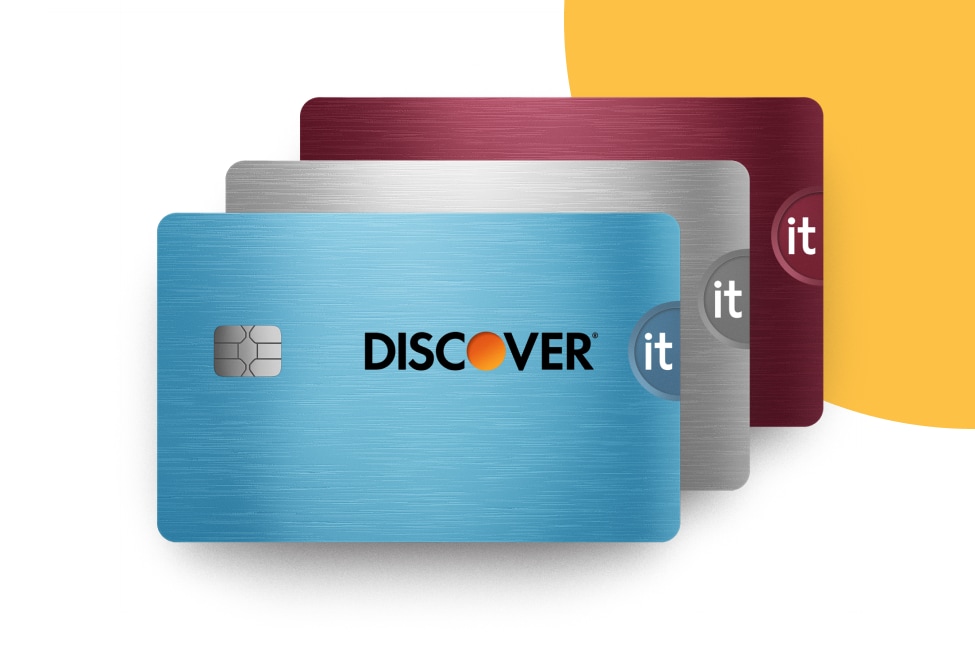
A rewards credit card can be a simple way to earn benefits on your everyday purchases. There are so many rewards credit cards to choose from, though. So, how can you choose between credit card points vs. cash back? Or miles vs. points?
In order to select the right type of credit card reward for you, you’ll need to understand the differences between cash back, points, and miles. Plus, keep in mind that each card issuer may define these terms differently in their rewards program. Ultimately, you may want to consider how a card’s bonus category (or categories), membership reward rates, and redemption options line up with your spending habits to find the best fit.







